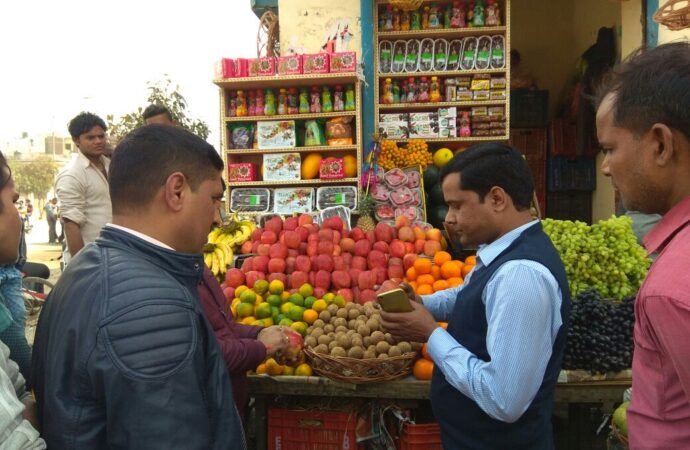Overview
Between April and December last year, authorities tested 677 food samples in Ghaziabad, and nearly half failed to meet safety standards, leading to penalties exceeding ₹3.23 crore. Of the 328 failed samples, inspectors classified 209 as substandard and deemed 109 unsafe for human consumption. Assistant Commissioner of Food, Arvind Yadav, confirmed that officials filed prosecutions against all violators and brought the cases before the adjudicating officer.
Dairy Products Among the Biggest Offenders
Dairy products were the most frequent violators, racking up nearly ₹1.2 crore in penalties. Key findings include:
- Milk: One-third (16 out of 48) of milk samples failed quality tests, resulting in ₹44.7 lakh in fines.
- Paneer: 79% of paneer samples (38 out of 48) failed, leading to ₹19.3 lakh in penalties.
- Khoya: 59% of khoya samples (16 out of 27) were substandard, incurring ₹12.2 lakh in fines.
- Milk-based Sweets: 73% of milk-based sweets (35 out of 48) failed to meet quality standards, resulting in ₹12.4 lakh in penalties.
Yadav highlighted that many of these products were sold during festivals like Diwali when demand for milk-based items peaks.
Other Food Categories Face High Failure Rates
In addition to dairy products, inspections revealed concerning results in other food categories:
- Spices: 59% of spice samples (34 out of 58) failed quality tests, resulting in ₹17.6 lakh in penalties.
- Cereals: 56% of cereal samples (22 out of 39) did not meet standards, leading to ₹16.4 lakh in fines.
- Processed Fruits and Vegetables: 45% of processed fruits and vegetables (21 out of 47 samples), including sweetcorn, mushrooms, and pre-cut carrots, failed the tests, incurring ₹13.8 lakh in penalties.
- Non-Milk-based Sweets: 17 out of 43 samples of non-milk-based sweets were found substandard, leading to a ₹1.37 lakh penalty.
Quality Issues Across the Entire Supply Chain
The official explained that inspectors collected samples from various points along the food supply chain, including wholesale markets, food manufacturing plants, and small shops in rural areas. In many cases, they found that food stores were keeping milk past its expiration date. “Quality issues affect every part of the supply chain,” Yadav stated.
Calls for Increased Inspections and Consumer Vigilance
Yadav emphasized that authorities are working to increase inspections across all segments of the food supply chain. He urged consumers to remain vigilant and report any questionable food items to the authorities.
 Food Manifest
Food Manifest 















